In order to join Jesus band of full-time disciples the rich man would have to adopt a radically different lifestyle than the one to which he was accustomed.
LOY Excursus: The Kingdom of Heaven in the Life of Yeshua

In this excursus to the Life of Yeshua commentary, David N. Bivin and Joshua N. Tilton delve into the ancient Jewish concept of the Kingdom of Heaven and discuss the ways in which Jesus made use of this concept in his own unique style.
Herod’s Tomb, Ehud Netzer and a Case of Mistaken Identity
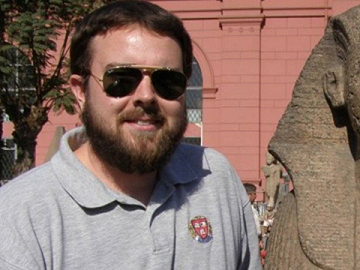
The Herodium is a great place to bring people who are exploring the Holy Land for the first time. I always felt that the site spoke eloquently to visitors of both the brilliance and madness of Herod the Great.
Windows into the Bible (1): Four Artifacts
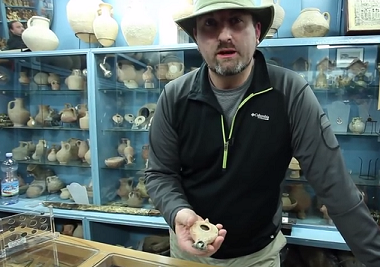
Jerusalem School member Marc Turnage uses four archaeological artifacts to peer into the world of Jesus and the Gospels in this video.
Hidden Treasure and Priceless Pearl Parables
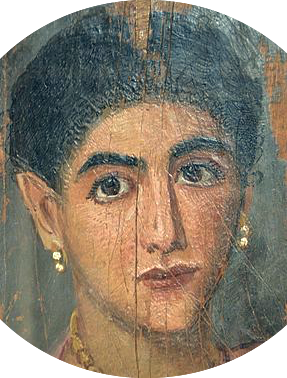
Supposing that these twin parables once belonged to the same narrative-sayings complex as the Rich Man Declines the Kingdom of Heaven incident enables us to understand their message. Jesus’ demand that the rich man sell everything wasn’t an onerous or unreasonable request; to the contrary, Jesus had offered the rich man an extraordinary bargain.
Widow’s Son in Nain
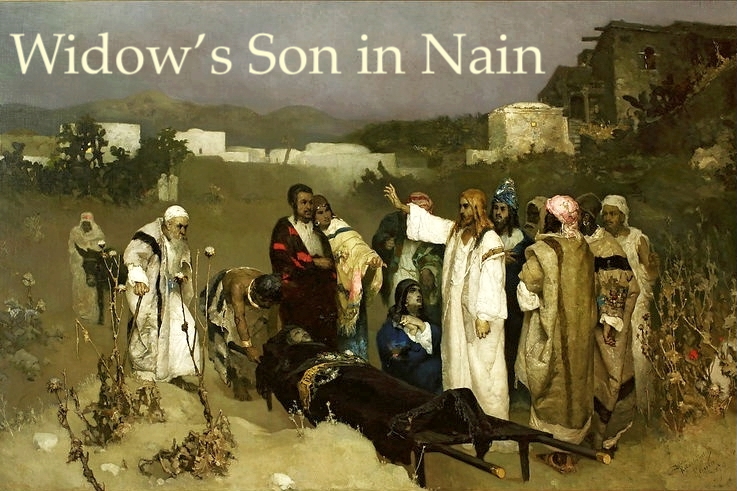
In Widow’s Son in Nain, David Bivin and Joshua N. Tilton ask “Which Nain was the town where Jesus raised the widow’s son?” and “What is the meaning of the people’s exclamation that a prophet had arisen among them?” The possibility of a Judean ministry early in Jesus’ career and of the messianic connotations of the Widow’s Son in Nain story are discussed in detail in this segment of the Life of Yeshua commentary.
Chickens and the Cultural Context of the Gospels

One aspect of the cultural context of the Gospels that is often overlooked is the role played by animals. In this article I will explore the significance of chickens in first-century Jewish culture and the part they play in the story of Jesus.
The Jewish Roots of Discipleship

In this lecture, David Pileggi examines the Jewish origin of discipleship, which is founded on the principle of the imitation of God. Pileggi shows how discipleship is related to the repeated statement in Leviticus, “Be holy, for I am holy,” and discusses how this biblical theme informed the teachings of Jesus.
Excerpt from Jews and Christians: A Journey of Faith
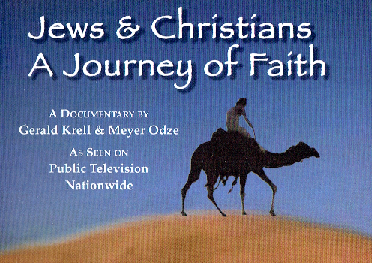
The documentary film, Jews and Christians: A Journey of Faith, features religious leaders and scholars who examine the deep ties between Judaism and Christianity.

